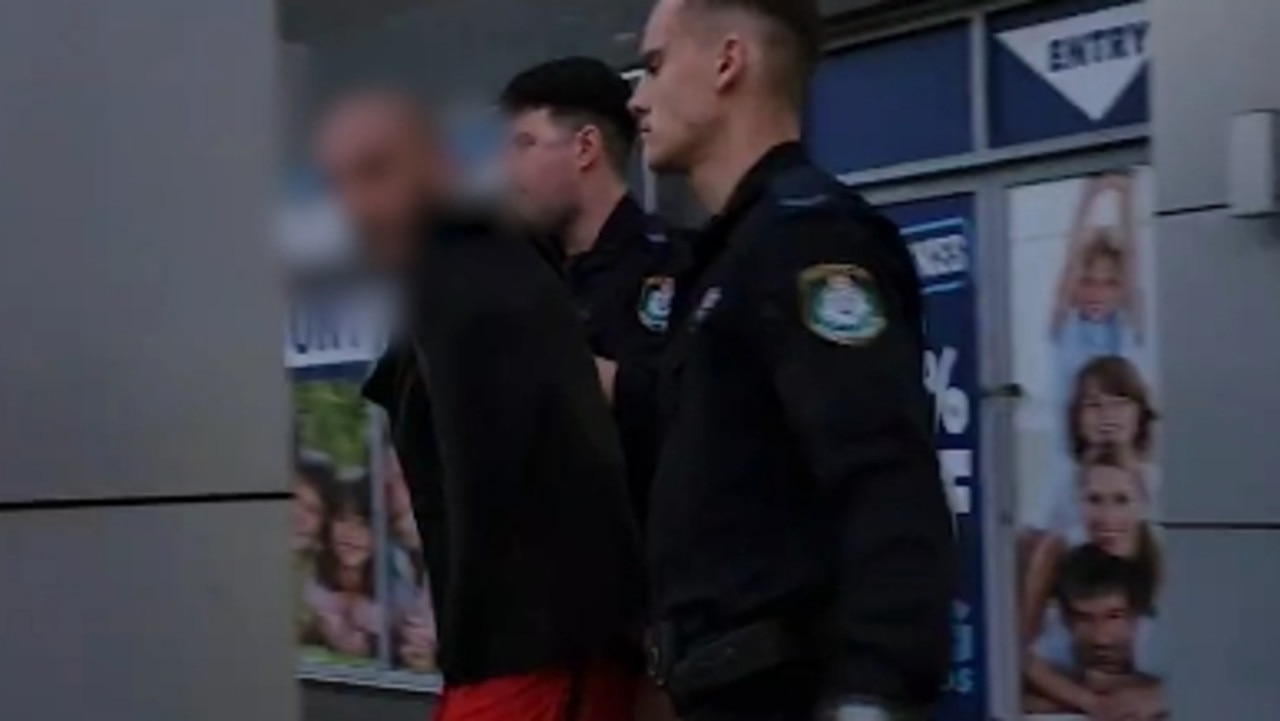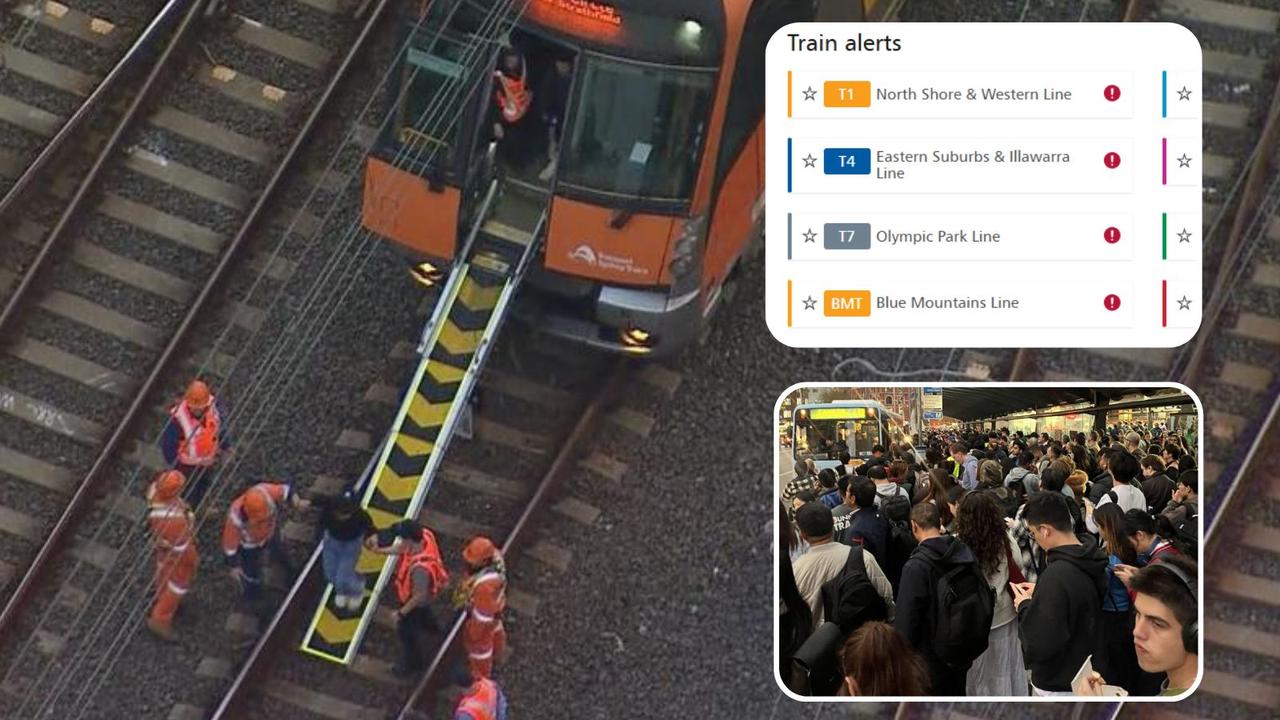Granville couple who lost newborn at scandal-hit Bankstown Lidcombe Hospital call for answers
IT has been 11 years since Esan Arif’s baby girl died, but this grieving mum still cries every day. The recent death of a baby at Bankstown Hospital has brought the pain flooding back for the parents.
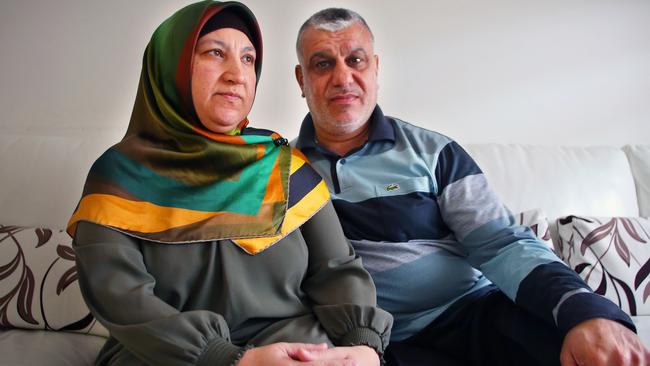
The Express
Don't miss out on the headlines from The Express. Followed categories will be added to My News.
IT HAS been 11 years since Esan Arif’s baby girl died, but this grieving mum still cries every day.
Not matter how much time passes she still agonises over the decision to switch off angel-faced Duaa’s life support. She wants answers.
Ms Arif, an Iraqi migrant, fell pregnant in 2004 while visiting her husband Kamal Khalaf in Istanbul.
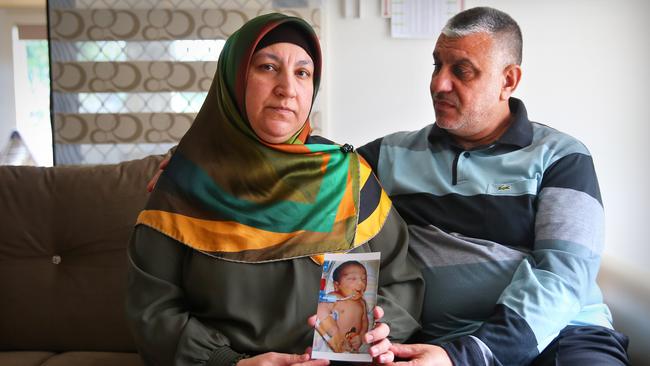
Returning to Australia, she went into labour on February 11, 2005, and rushed to Bankstown-Lidcombe Hospital. What happened next will haunt her forever.
“The first day I was waiting because I said I had birth pains and they gave me an injection to ease the pain,” she says through her husband’s translation.
The labour went on for almost a full day with doctors intermittently visiting her to administer pain relief and check mother and child’s vitals.
When it came time to do the final push Ms Arif knew something was wrong.
“I said I can’t push it out,” she said.
Ms Arif claims she begged doctors to perform an episiotomy, to widen the opening and get the baby free, but they didn’t listen.
“The doctors eventually realised that after the child couldn’t get out they made the cut but the baby was purple.”
Duaa was flown to Liverpool Hospital and placed on life support.
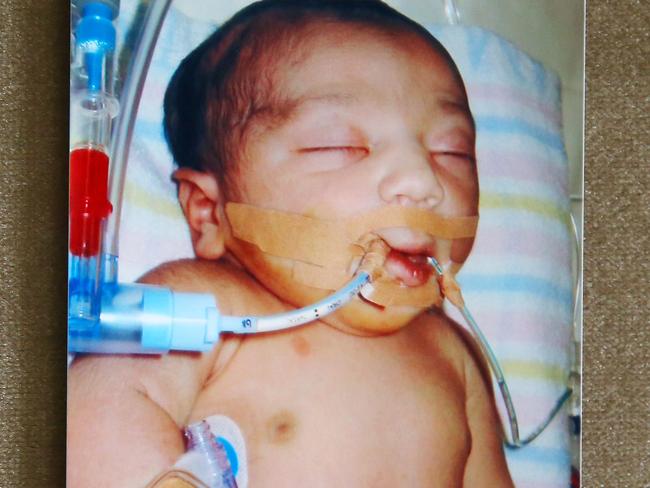
Ms Arif said she sat for hours looking at the peaceful face of her little girl peeking out among a mass of medical tubes.
Her brother rang Mr Khalaf, still in Istanbul waiting for his visa to be approved, to get his opinion.
He would support whatever Ms Arif decided, he said.
Doctors said Duaa’s chances of survival were slim and, even if she did survive, the child would be severely disabled.
Ms Arif, sitting at the kitchen table in her Granville home, pauses for a moment. A single tear slides down her cheek.
“I said I decided to stop the life machine because I think the baby is dead,” she said.
On Duaa’s death certificate, dated 13 February, 2005, the cause of death is listed as “hypoxia ischaemic encephalopathy secondary to birth asphyxian (tight cord around neck)”.
But Ms Arif claims the cord was never wrapped around her baby’s neck and instead died from being stuck for so long.
One month later the Department of Immigration approved Mr Khalaf’s visa.
Fresh off the plane he tried to seek legal advice to discover what happened but said Legal Aid told him his case would be hopeless.
The years passed and the couple had all but given up on their search for answers.
That was until July, when the story emerged of two babies who had been administered nitrous oxide instead of oxygen at Bankstown-Lidcombe Hospital, killing one and leaving another fighting for its young life.
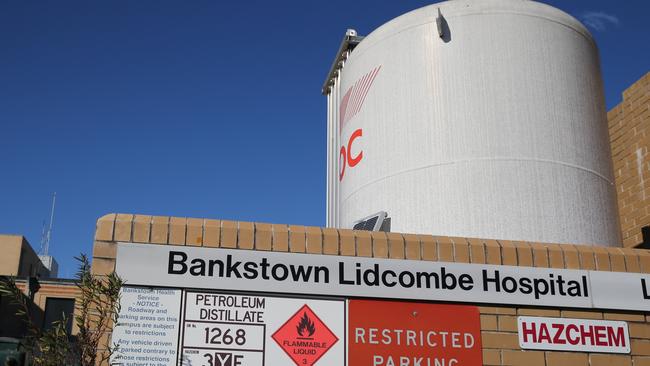
They want their case reviewed.
Ms Arif, now 45, has since had two more children, both Caesareans at other hospitals.
Not long ago the couple’s eight-year-old daughter stumbled across photos of Duaa.
“I have two boys now and the last one is a girl born in 2008, this year she saw pictures … and she knew she had a sister and she was dead,” Ms Arif said. “She asks why is my sister dead? Who did that? Give me answers.”
Mr Khalaf said the same problem occurred with the birth of their first child in Istanbul, but the doctors acted quickly and performed an episiotomy to get the boy out.
He said the recent scandal involving the death of a baby at Bankstown-Lidcombe Hospital had encouraged the couple to again seek answers.
“If they answer me they cannot give me my baby back, but after 11 years my wife is still crying,” Mr Khalaf said.
“I want the truth. If it’s all right then … that’s it, that’s God’s thing, but if someone made a mistake they have to pay for it.”
A Bankstown-Lidcombe Hospital spokeswoman said: “The hospital extends its sincere condolences and apologies to the family for any distress experienced.”
“We encourage people to contact the patient liaison officer to discuss any questions or concerns about their care in hospital.”
“The decision to perform episiotomies or caesarean sections are always based on clinical need. Specialist staff re-evaluate these decisions based on conditions at the time.”


